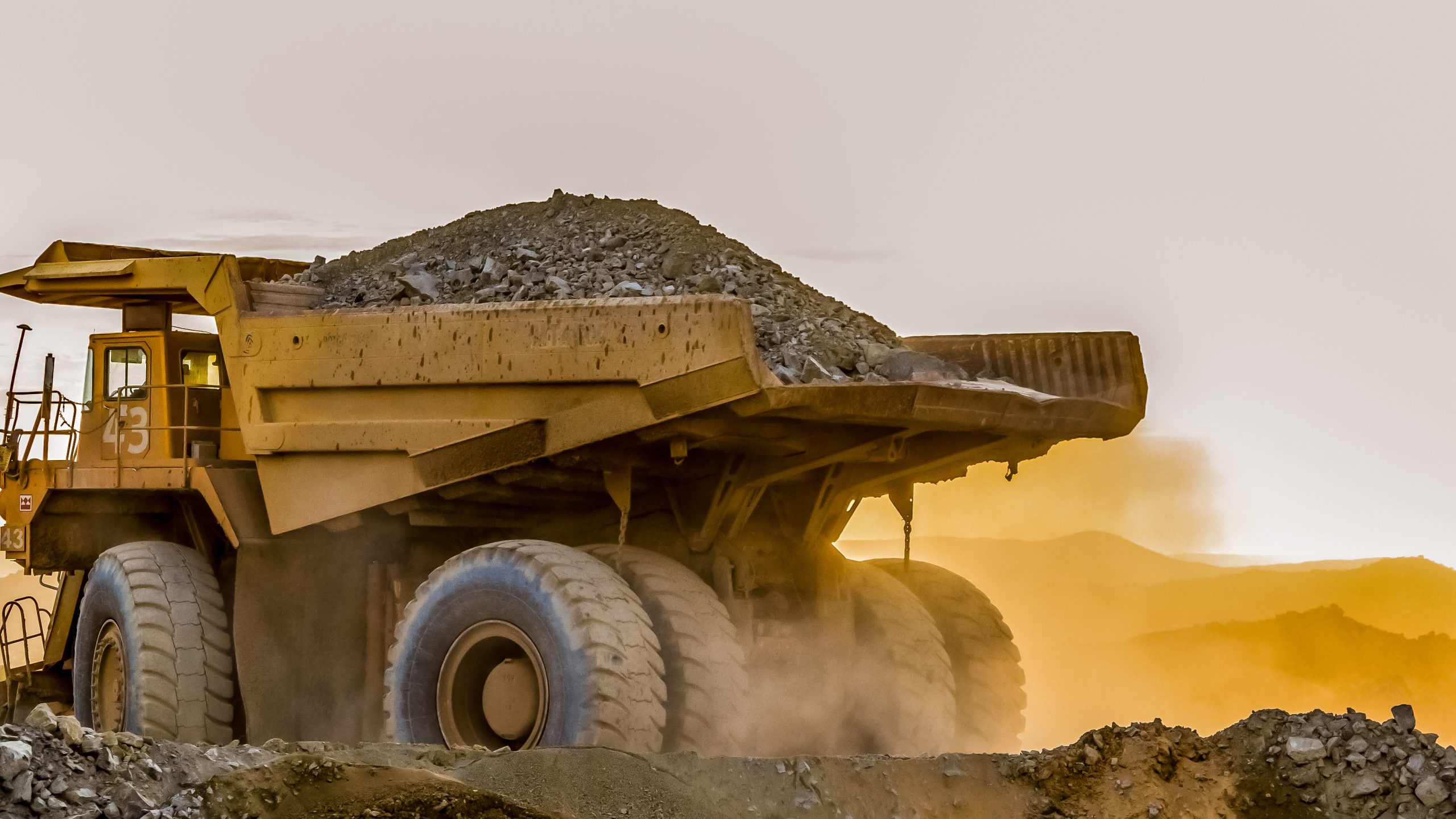- Europeans are searching for secure sources of critical raw materials as global supply chains become increasingly contested.
- Some African governments wish to obtain greater benefit from this growing demand and are restricting the export of raw materials to force local value-addition, such as in-country processing and manufacturing.
- The EU should take a clearer stance on which aspects of the critical raw materials value chain it wants to participate in within Africa – whether upstream, midstream, or downstream processing.
- Decision-makers in Europe can best position themselves by providing financing instruments to de-risk and catalyse the private sector investments that will unlock the local production and value addition prioritised by African policymakers.
- Europeans should also pursue a regional approach by connecting individual projects to bigger systems, as exemplified by the Lobito corridor in the DRC, Zambia, and Angola.
- The EU can also distinguish itself as a partner by pushing for the stricter application of environmental, social, and governance principles, in contrast to the lower standards generally delivered by geopolitical rivals. As part of this, the bloc should work with its partners on China joining the Minerals Security Partnership; it should also promote African membership of the partnership.
About the Author:
Theophilus Acheampon is an expert in African geopolitics and international relations, energy transition and low-carbon industrialisation, natural resource governance, international trade


